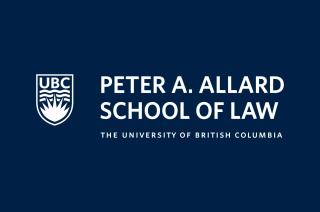Picture yourself in a boat on a river. You have rented a boat to travel with a small but valuable cargo to an extremely important occasion that may change your life. The weather is clear and the journey ought to be swift – but misfortune strikes and the boat, warranted to be seaworthy, springs a leak. Suddenly you are faced with a choice. You may opt to head for the shore and disembark at a nearby pier, and then attempt to complete your journey overland. It is likely that you will be late, and you may miss the occasion altogether. The alternative is to jettison your cargo and press on, but your destination is still five miles distant and your chances uncertain. You are torn, knowing that you cannot bear to miss the occasion, but that you also cannot afford to jettison your cargo if you cannot obtain compensation.
How will the law respond if you do jettison your cargo and carry on? Decisions like the one described above are a not infrequent problem in the law of private obligations, and fall generally within the doctrine of mitigation. Yet, despite the fact that Anglo-Canadian contract law has grappled with such problems for at least two centuries, it is apparent that the law has yet to work out a coherent framework for providing a response. The problem is also further compounded by the fact that the relationship between mitigation and related doctrines of causation and remoteness is not in any way clear. All of which is little help to an unlucky sailor, and generally harmful to the efficient resolution of contractual claims.
Krish’s response to the above problem in his doctoral dissertation draws upon his prior graduate work in private law in New Zealand and Canada, and his experience of contract litigation during his time at the bar. His Ph.D. project supervised by Professor Bruce MacDougall will address the issue by providing a coherent framework for determining when, how, and why mitigation ought to apply to either support claims for loss like that above, or deny them.
Krish holds a UBC Four Year Doctoral Fellowship to support his work, as well as an Allard School of Law Graduate Award. In addition to his doctoral work on mitigation, Krish has also researched and published on issues relating to promissory estoppel and the effective regulation of exclusion clauses, and worked on a wider range of issues in private law including anti-trust, agency, fiduciary duties, estoppel, and taxation during his time at the bar in New Zealand, Alberta, and British Columbia.




